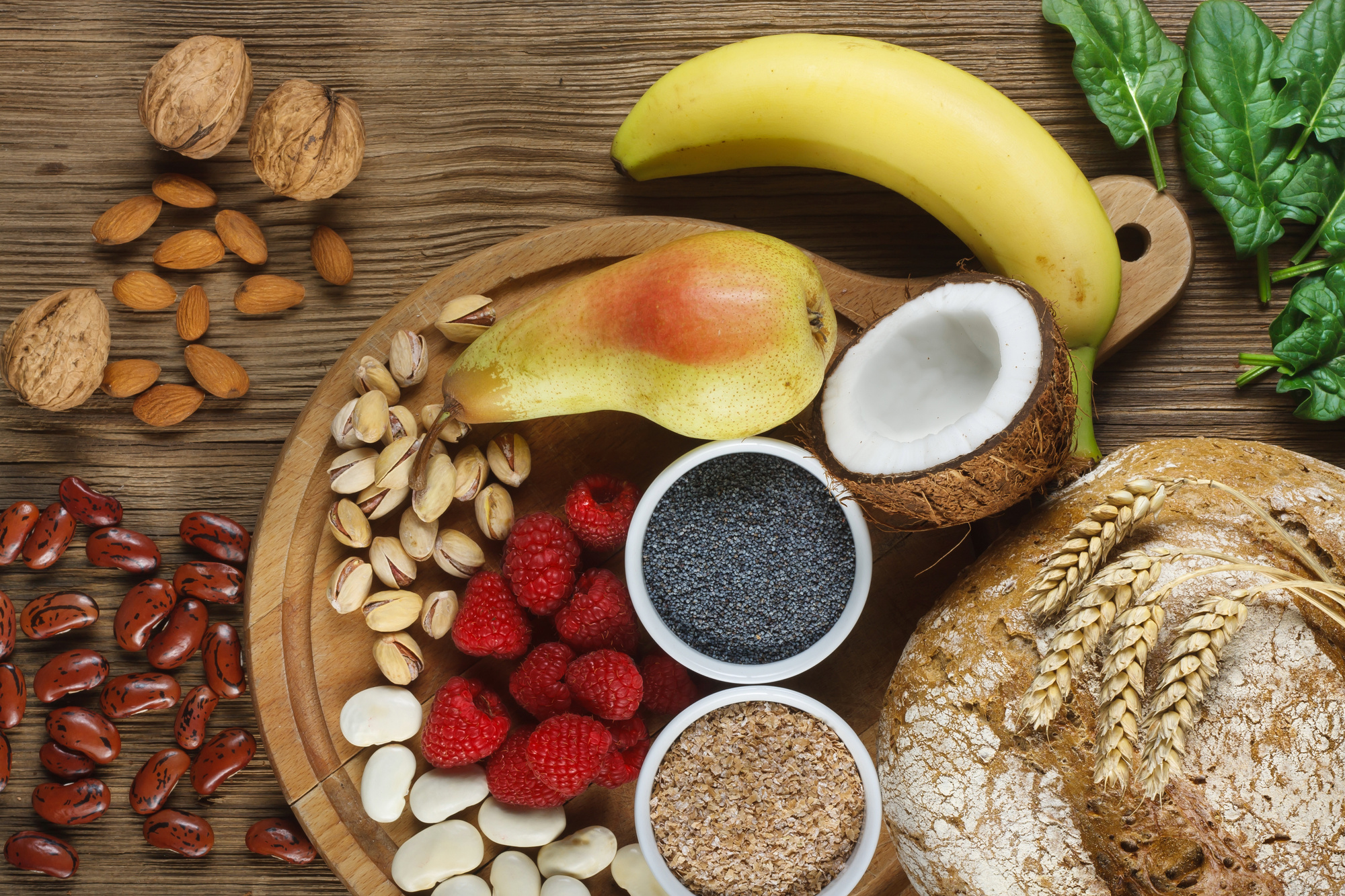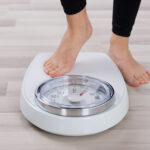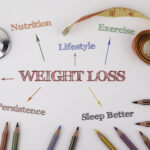
What if you could lose weight by taking a vitamin?
A couple of things will happen: a copious amount of people will start taking their vitamins and the vitamin industry will spiral out of control. But many people still think taking vitamins will lead to weight loss.
It may sound like a complete myth. There’s no vitamin that amazing that sheds off extra fat.
But with diet and exercise, vitamins can put you on the right path to a healthier lifestyle. Rather than helping us lose weight, vitamins help restore essential nutrients that we may not get with our daily diet.
So — vitamins for weight loss. Is it a fact or a myth? Continue reading and discover the truth.
There’s Little Evidence
There are a couple of different kinds of vitamins on the shelves. There are vitamins that restore some nutrients that we don’t receive or don’t receive enough of.
This is due to specific diets, allergies, and other environmental factors.
But there are also vitamins that are advertised as “weight loss vitamins.” These are the vitamins that people buy in hopes the vitamins will do all of the weight loss work.
Here’s the catch: there’s very little evidence that supports this. And most people who take these vitamins don’t do the required exercise or eat the required diet needed for weight loss.
However, there are nutrients that can offer health benefits. These include:
- Metabolism increase
- More energy
- Feeling fuller
But these vitamins aren’t a miracle fat loss product. You still need to diet and exercise to start losing weight.
Which Vitamins Help With Weight Loss?
We already covered the myth of a miracle fat burning vitamin. But there are several vitamins that can aid in a weight loss journey. These vitamins are:
B-12
This form of vitamin B is essential to our health but is often advertised incorrectly. It’s common to see ads touting B-12 as a “metabolism booster” and “fat burner.” There’s currently no evidence that B-12 can make you lose weight.
But B-12 has other crucial benefits. B-12 aids your blood and nerve cells.
There are many foods that naturally have B-12. These include:
- Eggs
- Whole grains (oatmeal, etc.)
- Fish and seafood (tuna, clams etc.)
- Red meat
Everyone needs B-12 in their diet. But if you eat lots of meat, eggs, seafood and whole grains, you probably don’t need the supplement.
The supplement is only recommended to those who:
- Drink a lot
- Are anemic
- Are vegetarian/vegan
- Recently had surgery
Since B-12 supports your blood, this vitamin will give benefits to your blood cells. This is why B-12 is found in bloody meats. Post-op patients, those who eat a plant-based diet, and anyone with anemia require more blood cell support.
Vitamin D
Vitamin D is another vitamin that won’t miraculously shed off extra weight. But it helps with fitness.
Vitamin D helps absorb calcium. We should all know what calcium does — makes our bones stronger! This helps keep our bones and joints strong when we’re active.
Out of all the vitamins needed for weight loss, vitamin D is one of the most influential vitamins that will reap positive results.
Vitamin D is extremely easy to find. Here are common foods that contain Vitamin D:
- Low-fat dairy products
- Alternative dairy products (soy milk, etc.)
- 100% fruit juices (orange juice, etc.)
- Seafood (tuna, mackerel, salmon, etc.)
- Red meat (beef, etc.)
- Certain breakfast cereals
You also get a lot of vitamin D from the sun. For best results, do daily outside exercises such as jogging.
Since it’s so easy to get vitamin D, most people don’t need supplements. But since they aid in weight loss, taking a vitamin D supplement is still recommended.
Omega-3 Fatty Acids
There’s only one vitamin that has alone shown to give weight loss benefits: omega-3 fatty acids. There isn’t enough research to prove this but the results have been promising.
Regardless, every diet should contain ample amounts of omega-3. This healthy fat protects your heart and your blood.
You can easily find omega-3 in seafood. Salmon, tuna, mackerel, herring, and trout all contain rich sources of omega-3.
If you’re not a fish eater, consider taking fish oil supplements. CBD, a cannabinoid from the marijuana plant, also contains omega-3.
Magnesium
Do you notice you have a belly bulge? This may not be fat.
It could be water retention, often referred to as “bloating.” Bloating is extremely common for those who eat a high-sodium diet and is especially common for women who are either PMSing or are pregnant.
Magnesium is a vitamin that boasts a myriad of health benefits. But it can also reduce bloating. Magnesium prevents your body from holding in excess water.
But magnesium can’t reduce bloating alone. Stay away from high-sodium foods, putting excess salt on meals, processed food, and develop a healthy workout plan.
Green Tea
One of the biggest myths is green tea can help increase your metabolism. This causes so many people to drink a glass a day (mixed with lemon and other ingredients) or take green tea supplements.
But even walking a mile can probably burn fat and increase your metabolism more than green tea alone. Green tea may be able to give your metabolism a jumpstart, but a very slight one. It’s not significant enough to burn fat.
But this doesn’t mean you should avoid sipping a lovely cup of green tea. Green tea contains antioxidants and can support heart health.
Will You Take Vitamins for Weight Loss?
If you want to lose weight, it’s wise to diet and exercise. Vitamins can aid in weight loss but oftentimes vitamins for weight loss is nothing more than snake oil.
There are studies that show some popular supplements can increase your metabolism and reduce bloating. But for best results, pair these vitamins with a good diet and exercise regimen.
Overall, vitamins are essential for your health. They support your heart, blood, and bones. You should take vitamins for these reasons.
For more weight loss advice, visit our resources.












